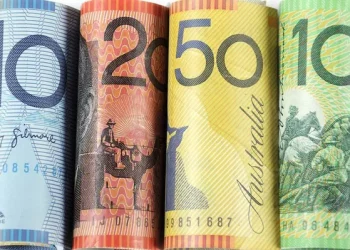There are mainly two types: Dealing Desk (DD) and No Dealing Desk (NDD).
There are processing background mode (DD) is also called the Market Maker (MM).
Platforms without background processing mode (NDD) can be subdivided into STP and ECN+STP.
A DD, also known as an MM, is a market maker and usually has a trader back office or a processing Desk used to process orders, fixed.
Is the dominant form of retail, as the size of a single trader’s trade is usually relatively small.
A DD, or market maker, makes money by spreading and trading in the opposite direction to its clients when needed.
A market maker, that is, “makes markets” for customers, “makes markets”, and under certain conditions sells to traders when they want to buy.
When traders want to sell, market makers buy.
Traders see that the bid and ask prices differ from the actual prices in the interbank market.
To fulfill a trader’s order, the market maker has the opportunity to trade in the opposite direction to control prices if necessary.
Because competition in the retail Market is intense, Market makers offer prices that are very close to those in the Interbank Market.
The existence of retail forex market makers enables most small and medium investors to diversify their investment in the forex trading market.
For novice and small-capital investors, market makers are more appropriate (most still trade relatively small).
For example, if you want to purchase a certain number of/from DD’s place, in order to complete the order, the agent will be the first to looking for the same number of orders from its customers, to sell the euro/dollar, or your order directly to the liquidity provider), which reduces the risk, because they don’t have to trade in the opposite direction, to you can profit by point gap.
However, if there is no order in the opposite direction to match your order, they will trade with you in the opposite direction.
























